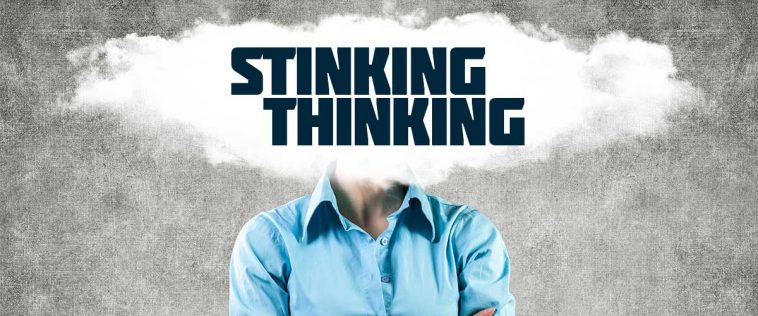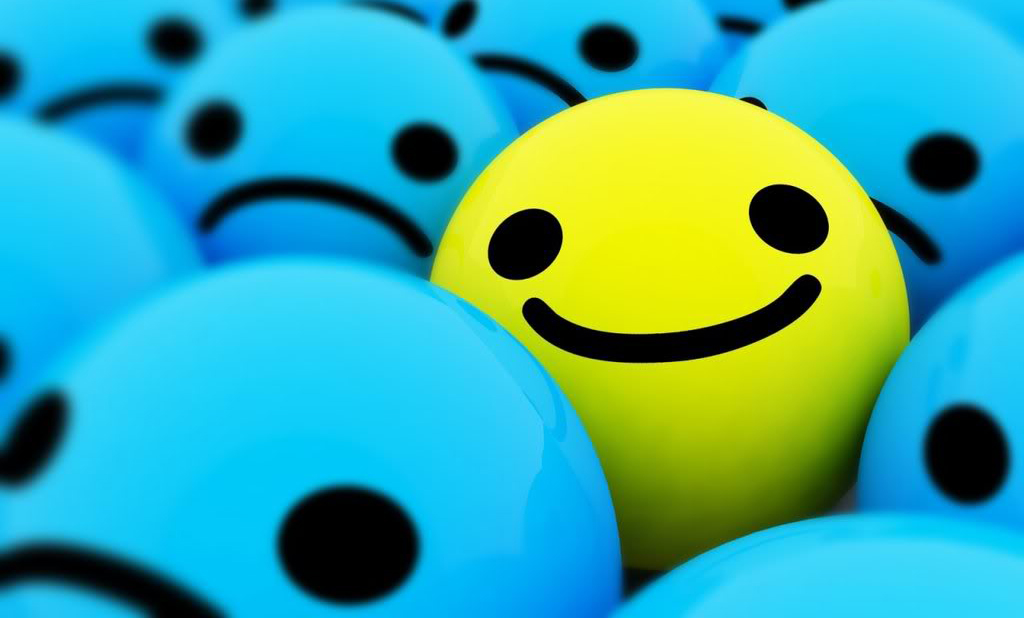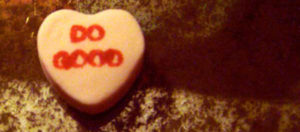
Sometimes when I’m feeling down or sorry for myself, it helps when I look at others. Hold on now. I don’t mean that it helps to compare and criticize, trying to prop up my own damaged ego. I’ve experienced that technique and it doesn’t help anyone. Random group chat checks on my daughters’ phones reveal that sort of catty behavior is still rampant. Social media can be brutal.
Maybe this path is human nature, but it’s an aspect worth fighting. It helps when I look at others to see their needs and find ways where I can actually help. Instead of focusing on myself and wallowing in a pity party (yes, I’ve done that—ugh), I find happiness when I focus on others and search for ways where I can be an encouragement.
We have the ability to help others through our actions, regular volunteering, or donations. There are no pre-requisites. We don’t have to be rich to share a little food or money. We don’t need a degree to offer a kind word, or be super athletic to shovel someone’s snow-covered driveway. Our efforts may relieve physical need or be the encouragement someone needs. People sometimes just need to know that others care and recognize their existence.
There’s an added benefit that in helping others, we’re also helping ourselves. Have you ever felt a burst of happiness after performing a good deed? That’s actually a documented sensation known as “helper’s high”. When you do something good for someone else, your brain’s pleasure centers light up, releasing endorphins.
Helping others also provides a sense of purpose. We’re on earth to do more than satisfy our own wants and needs. Our lives have meaning when we positively impact others. When we finally crawl into bed at night, it feels good to think about ways we made a difference, rather than what we failed to accomplish. Sure, the healthy version of brownies that I attempted to make did not fool or please my family (no big surprise—the recipe incorporated black beans), but at least I sent that encouragement note to a friend going through a hard time. I did something to make the world a better place, and it feels great.
So when we struggle to find our positive attitude, we can look to others. Doing good will do us good.



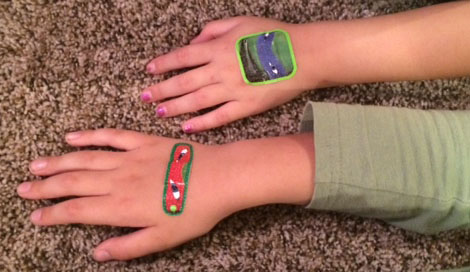
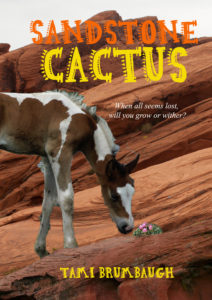 seems unfair. It shares the story of a Navajo girl who spent years working toward owning a horse of her own. Just when her dream is within her grasp, disaster strikes, and the pinto filly she earned goes to someone else. So unfair! She struggles with the choice to persevere and grow or withdraw and wither.
seems unfair. It shares the story of a Navajo girl who spent years working toward owning a horse of her own. Just when her dream is within her grasp, disaster strikes, and the pinto filly she earned goes to someone else. So unfair! She struggles with the choice to persevere and grow or withdraw and wither.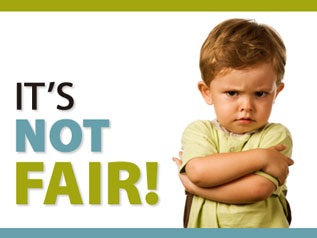
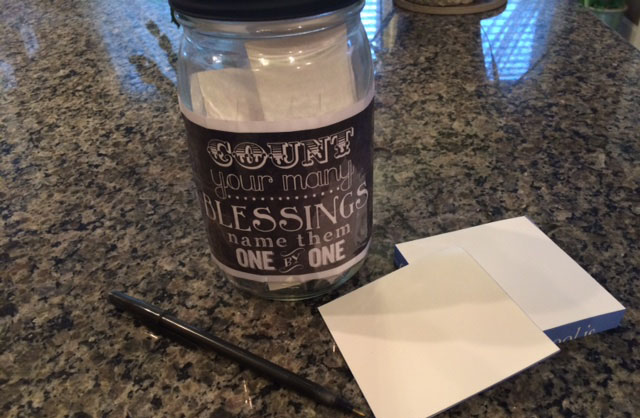
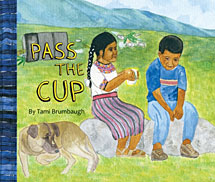 were so grateful for clean water—something we take for granted in the United States. The homes we visited were small enough to fit into my bedroom, with thin corrugated steel walls and leaky roofs. Most of the kids only had one extra pair of clothes. No iPhones. No computers. And yet, they were happy. They were grateful for what they had. (Check out the book I wrote for Heart to Heart about their water purification project.)
were so grateful for clean water—something we take for granted in the United States. The homes we visited were small enough to fit into my bedroom, with thin corrugated steel walls and leaky roofs. Most of the kids only had one extra pair of clothes. No iPhones. No computers. And yet, they were happy. They were grateful for what they had. (Check out the book I wrote for Heart to Heart about their water purification project.)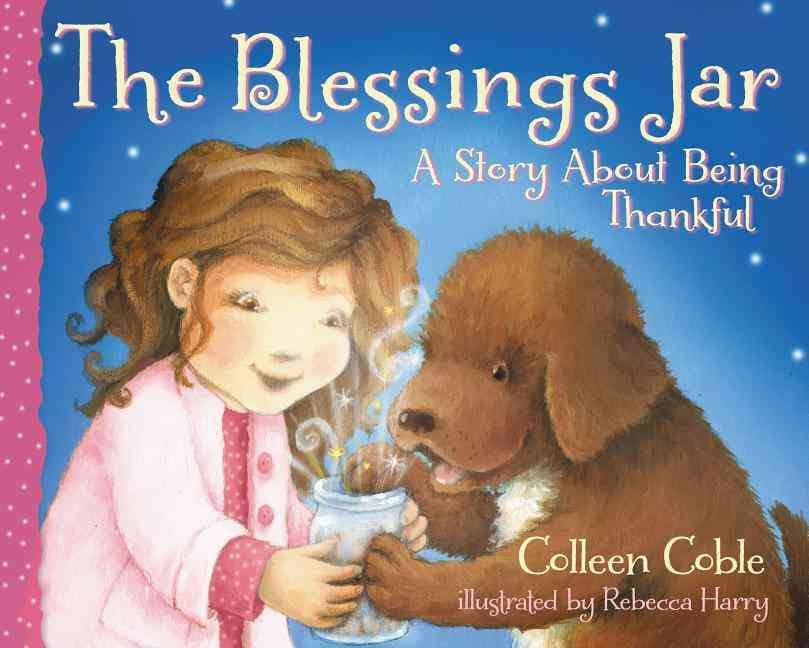 Her grandma takes her on an adventure where they collect small objects related to happy memories. They place these objects in a blessing jar to remind them to be thankful, chasing away the grumpy attitude. After reading the book, you could begin your own blessing jar. This activity would be extra special if you had grandparents available to join in the fun.
Her grandma takes her on an adventure where they collect small objects related to happy memories. They place these objects in a blessing jar to remind them to be thankful, chasing away the grumpy attitude. After reading the book, you could begin your own blessing jar. This activity would be extra special if you had grandparents available to join in the fun.
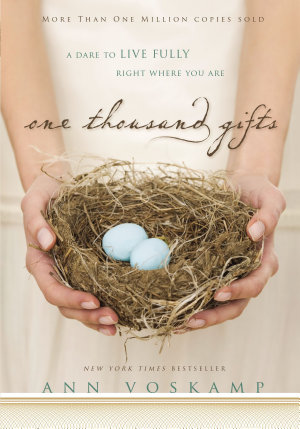 Through her unique poetic writing style, she encourages readers to see God’s grace in everyday life, and to find joy through gratitude. My family took her challenge to write down one thousand of God’s gifts. It took several months, but it changed our perspective. I need to continue the practice.
Through her unique poetic writing style, she encourages readers to see God’s grace in everyday life, and to find joy through gratitude. My family took her challenge to write down one thousand of God’s gifts. It took several months, but it changed our perspective. I need to continue the practice.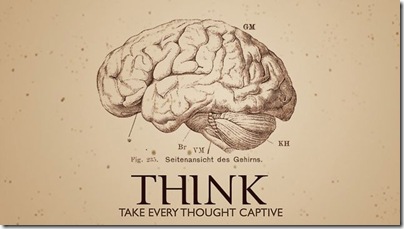
 It has a free cartoon video quiz called Think You Stink? that asks seven multiple choice questions. Once your child answers the questions, it gives a score and a level of “stinkocity”. Click on the “stinkometer” and your child will see their forecast, ranging from “Blue Skies with a chance of Sweet Scents” to “Severe thunderstorms and Tornado Warnings with Severe Reekness”. After receiving their forecast, they can see their prescription with helpful activities to combat stinking thinking. Examples are doing at least one kind deed every day, and a stinking thought awareness activity that sounds, well, stinky.
It has a free cartoon video quiz called Think You Stink? that asks seven multiple choice questions. Once your child answers the questions, it gives a score and a level of “stinkocity”. Click on the “stinkometer” and your child will see their forecast, ranging from “Blue Skies with a chance of Sweet Scents” to “Severe thunderstorms and Tornado Warnings with Severe Reekness”. After receiving their forecast, they can see their prescription with helpful activities to combat stinking thinking. Examples are doing at least one kind deed every day, and a stinking thought awareness activity that sounds, well, stinky.